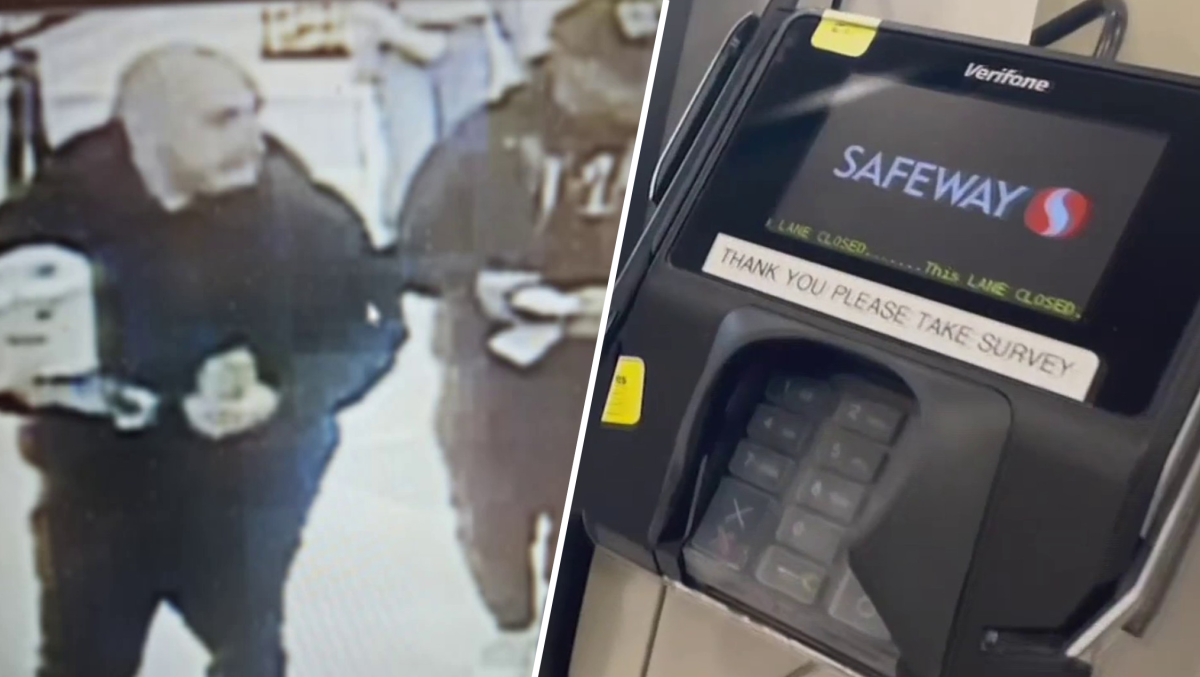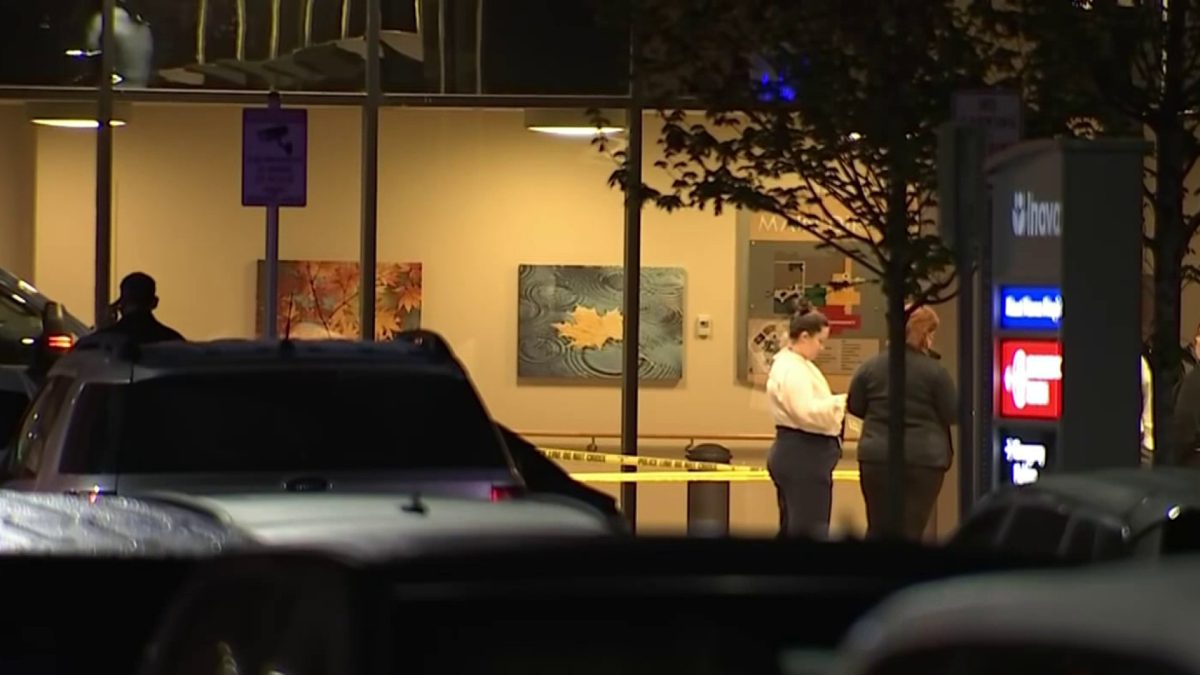Harry Jaffe, a longtime chronicler of the people and politics of Washington, D.C., writes an opinion column for NBC Washington's First Read DMV blog.
Mayor Muriel Bowser chose the fattest budget in the District’s history to stiff Attorney General Karl Racine. The AG, arguably the most popular and effective elected D.C. official, requested to increase his office’s budget by $5 million out of Bowser’s $15.5 billion 2020 pot.
“I got a smidge,” Racine told NBC Washington. As in $500,000.
How come? Why would the mayor short change one of the few District agencies that actually proves its worth? Racine’s lawyers not only protect vulnerable D.C. residents from slumlords and scams, he says they also saved the District nearly $2 billion by defending it in civil liability lawsuits.
On Monday before the D.C. Council, Racine defended his request for an additional $5 million for the next fiscal year, over the current $107.8 million. It would allow him to hire more lawyers to protect senior citizens, stand up a civil rights division and expand a violence prevention program that data shows has been successful.
Despite the murder wave bloodying the streets of Ward 7 along the Prince George's County line and a citywide homicide rate up close to 40 percent over last year, Bowser was unmoved by Racine’s violence prevention program.
“As for the budget requests,” mayoral Chief of Staff John Falcicchio said by email, “we do not comment on individual ones as each has merit.”
Local
Washington, D.C., Maryland and Virginia local news, events and information
The mayor comments generously in press releases and shows well at ribbon cuttings, but her budget reveals the true nature of her government. “The budget is where political rhetoric meets reality,” says Ed Lazere, executive director of the progressive DC Fiscal Policy Institute. “It shows what she really cares about.”
Lazere says Bowser’s budget shows she cares more about District residents who are well off rather than those in need. “There’s no money for public housing repair,” he says, “but lots of money and energy went to families with above-average income. There’s no way to look at that than she thinks gentrification and displacement are OK.”
Where Bowser touted her contributions to public schools, Council Chairman Phil Mendelson called it “scraps.” Falcicchio blessed the budget as “structurally sound.” D.C. Auditor Kathleen Patterson deemed it “not fiscally responsible.”
Which brings us to another unsustainable promise dashed in Bowser’s budget.
When the council legalized sports betting last December, Chief Financial Officer Jeff DeWitt and Council member Jack Evans promised the council the millions in anticipated revenues would be devoted to violence prevention and early childhood education.
Rather than devoting funds to these two programs, the city administrator told the council the sports betting revenues would go into the general fund at Bowser’s discretion. The council had been hoodwinked twice: first by accepting the sole source contract to operate the betting and second by believing the funds would go to help stem violence.
“Slight of hand,” said one council member who voted against the sports betting bill.
The only dedicated funds from the pot of sports betting revenue would be $200,000 to help people with gambling problems. In this twisted reality, the mayor wants to give gamblers, many of whom will be poor and vulnerable, a chance to gamble more, but she also wants to help them deal with their gambling addiction. Got that?
Karl Racine might have found that galling, but what truly singed him about Bowser’s budget is that while she shorted his request, she increased her own budget by 14 percent. DeWitt’s chief financial office budget rose 6 percent. “They take care of one another,” Racine says.
So why does Bowser force Racine to go the D.C. Council “hat in hand” begging for funds? There’s bad blood between them going back four years when they first took office. Racine was elected to be D.C.’s first independent attorney general — elected by voters rather than appointed by the mayor. Bowser immediately tried to limit his power and purview over the city’s legal affairs, but Racine fought her off.
“There’s a lot of jealousy over there,” says a former mayoral staffer. “They see Karl as a threat.”
Racine says he’s “not going to accept that premise” and allows the two leaders have “a professional relationship.”
Says Falcicchio: “They are great colleagues and friends.”
But Racine says the fact that the mayor proposes and essentially controls his budget can lead to political problems because it’s a “flawed process.”
The council is likely to restore the funds Racine’s office has requested.
“Karl has a big ask,” says at-large Council member Elissa Silverman, “but there will be support to fund part of his needs.”
If Bowser is jealous of Racine, she has good reason. He’s gotten headlines around the world for his lawsuit against President Donald Trump, filed with Maryland Attorney General Brian Frosh, charging Trump with violating the Constitution by corruptly benefiting from his Trump Hotel. Racine’s name has been floated to be attorney general in a Democratic administration. He got more votes than Bowser in the 2018 election, though both ran unopposed.
That’s still no reason to curtail Racine’s attorney general budget. That would be mean and petty — and damaging to D.C. residents.
Harry Jaffe, a longtime chronicler of the people and politics of Washington, D.C., writes an opinion column for NBC Washington's First Read DMV blog.



